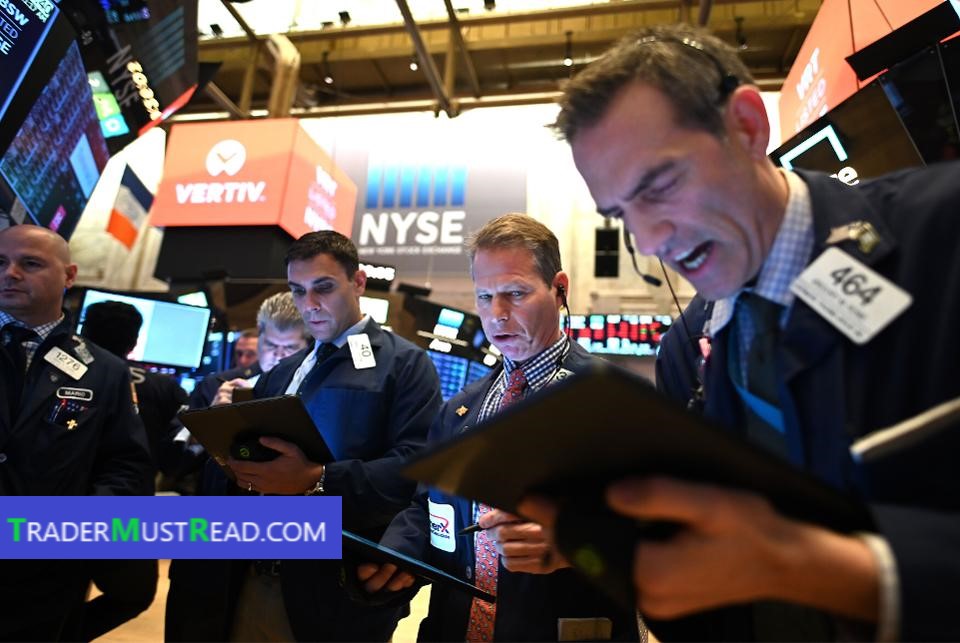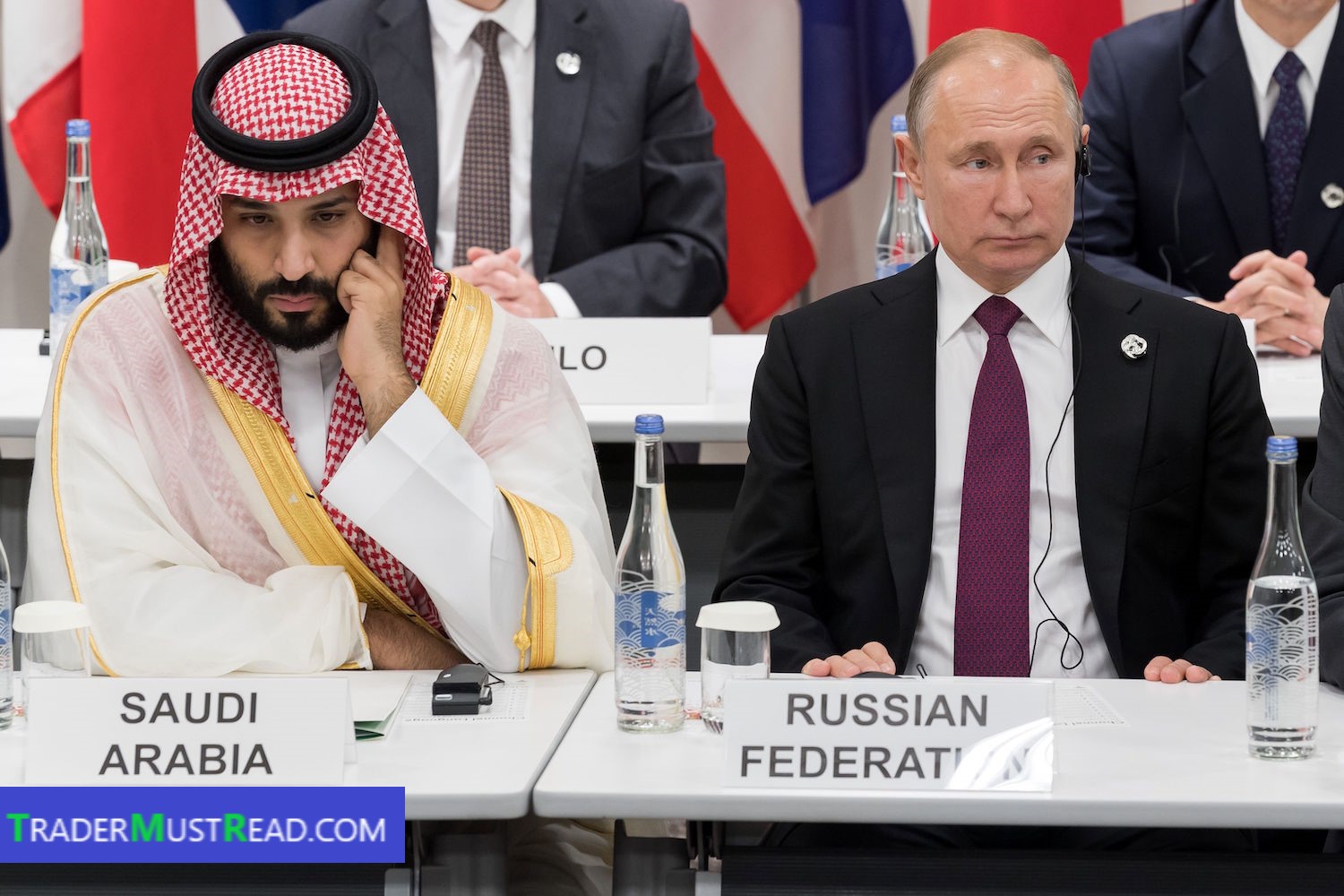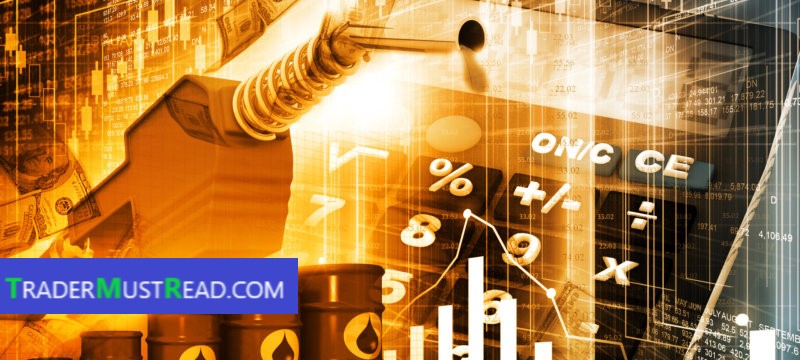Recently you may have known much about Insider Trading, today let’s have a consolidated view on what it is and a recent case:
What Insider Trading is:
- Insider trading is the buying or selling of a publicly traded company's stock by someone who has non-public, material information about that stock
- Material information is any information that could substantially impact an investor's decision to buy or sell the security while non-public information is information that is not legally available to the public
- Insider trading can be legal as long as it conforms to the rules set forth by the Securities and Exchange Commission (SEC)

Insider trading is legal?
Legal trades by insiders are common, as employees of publicly traded corporations often have stock or stock options The term "insider trading" is generally has a negative connotation. Legal insider trading happens in the stock market on a weekly basis. The SEC requires transactions to be submitted electronically in a timely manner. Transactions are submitted electronically to the SEC and also must be disclosed on the company’s website.
Lets take a look at recent oil war of Saudi Arabia.
Let us summarize the 2020 oil price war, referred to Matt Levine’s analysis at Bloomberg:
- Saudi Arabia, which decides the price of oil, made that price a lot lower.
- This caused the stock prices of big publicly traded oil companies to fall a lot.
- Saudi Arabia bought stock in a bunch of big European oil companies.
- Then Saudi Arabia, which, again, decides the price of oil, made that price higher again.
- This was good for its investment in big oil companies’ stocks.

We are actually not sure that all is right. We all know that although Saudi Arabia has play a vital role in oil industry, but it does not, in reality, decide the price of oil on its own; the Saudi entity that partially impact the price of oil is different from the Saudi entity that sells the oil, which in turn is different from the Saudi entity that bought stock in other big oil companies; the production deal that Opec+ reached recently has not done much to raise the price of oil due to collapsed global demand; those European oil stocks might not even be trading above the prices that Saudi Arabia paid for them earlier this month; etc.
Still there is a basic truth to the story. Saudi Arabia blew up oil prices by announcing discounts and production increases, and then helped fix them by agreeing to production cuts, and in between those two actions it bought a lot of stock in foreign oil companies at a discount. Is that … you know … ?

The timing of these massive purchases – on the eve of OPEC’s historic production cut agreement – is at best curious and at worst a flagrant case of insider trading: the Kingdom and Russian insiders acquired shares of these companies at record low valuations just days before the deal (temporarily) boosted oil prices and raised the values of the companies involved. Royal Dutch Shell and France’s Total saw their stock prices jump around 5% between the PIF (Public Investment Fund) purchases reported Wednesday, April 8 and Monday, April 13 (the day after the OPEC+ announcement).
The insiders who purchased shares of oil companies based on information disclosed to them as a part of their participation in, or closeness to, the OPEC + talks stand poised to benefit substantially from the price coordination should markets rebound.
It is worth noting that Yasir Al-Rumayyan, a man that runs the PIF for the Crown Prince, is also the Chairman of Saudi Aramco, the Kingdom’s state-owned crown jewel. Serving these two roles, he may be conflicted, being in possession of high-level insider information while advising the Crown Prince, who in turn sets the production goals and is able to influence oil prices globally.
You can always trade on inside knowledge of your own plans. If Warren Buffett buys a big stake in a company, the stock will go up when he announces the stake, but Warren Buffett is allowed to buy the stake before announcing it. There are more moving pieces here, but the basic story seems fine. Saudi Arabia, considered as an entity—the government that sets oil production goals, the mostly-state-owned oil company that produces the oil, and the state-run Public Investment Fund that buys stakes in foreign companies—had its own knowledge of its own plans, and it used that knowledge to buy oil stocks opportunistically. Perhaps it had a confidentiality obligation to its Opec+ partners not to trade on the basis of production negotiations, but the simple view here is that Saudi Arabia and Russia set oil prices and they traded on their own knowledge of what they were going to do with oil prices.
Insider trading is clearly not about fairness; it is about theft. Warren Buffett’s lieutenants are not allowed to trade on advance knowledge of what Warren Buffett is planning to buy, but Warren Buffett is. Saudi Arabia is allowed to trade on knowledge of what Saudi Arabia is going to do, even if nobody else has the same knowledge.
TRADERMUSTREAD



















































